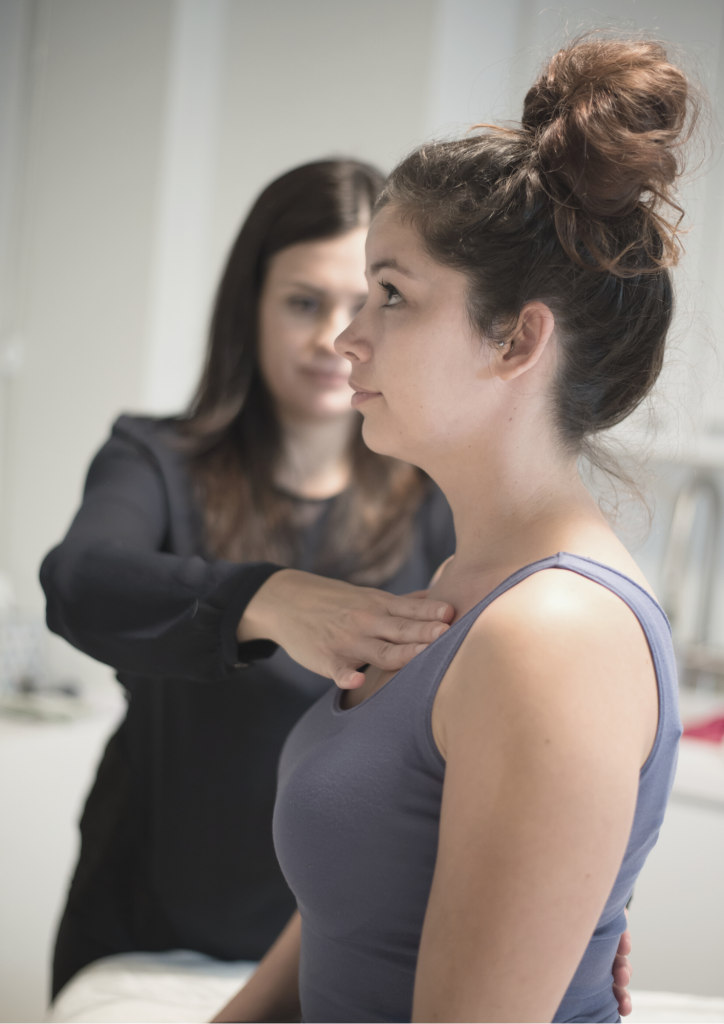When in the process of hiring, most employers have an understanding of the importance of pre-employment checks. Typically, these will include verifying the prospective employee’s identity and right to work in Australia, contacting their references and obtaining a police clearance.
Depending on the role and the industry, there may be other pre-employment checks such as a Working with Children check, or verifying the validity of any qualifications and licences relevant to the job, to give just a couple of examples.
Ensuring the prospective employee’s fitness to perform the role is another important check to conduct, yet this is frequently overlooked in the recruitment process.
Why fitness for work is so important
When a job has a physical component, perhaps with a lot of lifting or strenuous activity required, it’s important to confirm the person has the strength and fitness to perform these tasks, not only to ‘do the job’ effectively but, more importantly, to do the job safely, without risking injury to themselves or others.
Even if the role is not considered particularly physical, such as a sales position, or an office-based role, a medical assessment prior to employment is still beneficial. A pre-employment medical assessment may highlight a weakness or injury that means long periods of driving could be a problem for a sales person, or perhaps there is evidence of repetitive strain injury (RSI) that a typist may have. It is beneficial to have identified these issues prior to employment, as it gives the employer an opportunity to adequately manage the work environment and conditions so as not to exacerbate the issue. Further, if an employee were to report an injury or illness affecting their ability to work, the employer who has obtained a pre-employment medical assessment may have additional protection in the event of a workers’ compensation claim.
How can you check someone is fit to perform the role?
Many employers will make an assumption based on the way a candidate presents to an interview, or based on a brief work trial, however the short amount of time and limited activities undertaken during an interview or trial is unlikely to be sufficient to determine someone’s overall health and fitness.
Pre-employment medicals are the best way to verify someone is fit and able to adequately perform the requirements of the role. There are many clinics offering employers a range of pre-employment medicals that assess the baseline health of a person as well as assessments that are more specialised and specific to certain occupations.
Pre-employment medicals are often undertaken in combination with a drug and alcohol screen and the prospective employer is provided with a report detailing the results of the assessment in relation to the tests carried out and whether there are any concerns that would be relevant to the role.
What if someone has a pre-existing condition or injury?
Often, a candidate will disclose any relevant medical issues during the interview process, and will be further motivated to disclose these up-front if they know that a medical assessment is part of the recruitment process! A thorough medical will usually identify any pre-existing conditions or injuries that haven’t already been disclosed by the candidate. In some cases, the candidate may not even be aware of a medical issue that is identified.
If there are any issues identified through the pre-employment medical assessment, employers need to carefully assess whether these issues are manageable or whether they pose too great a risk to proceed. In some cases, not progressing with someone’s employment based on the results of their medical may be considered discriminatory, so it is important to consider all factors in making a decision about whether or not to proceed with an employment offer.
If you’re looking for assistance in developing effective recruitment procedures including pre-employment checks, don’t hesitate to get in touch with our team, via the chat box here or calling us on 08 6150 0043.
Find our articles helpful? Remember to follow us on facebook, Instagram or LinkedIn to keep up to date with our practical tips and information for business owners and managers.

